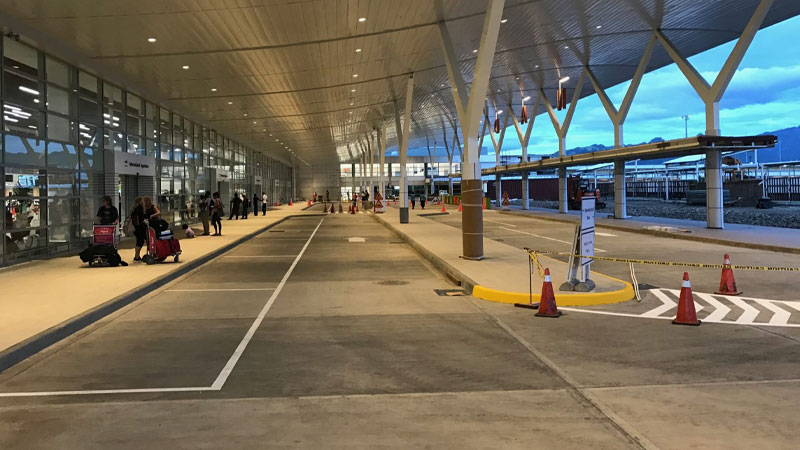
Fiji and Indonesia have been designated as very high risk, which limits travel from them to New Zealand.
As of 11.59pm on 15th August 2021, travel to New Zealand from Fiji and Indonesia will be restricted to New Zealand citizens, their partners and children, and parents of dependent children who are New Zealand citizens, together with any children of those parents who are not New Zealand citizens.
The NZ government has announced that travellers from Indonesia and Fiji who meet these restrictions will be required to spend managed isolation for 14 days when they arrive in New Zealand.
According to Radio NZ, people going from Fiji will continue to be exempt from requirements of pre-departure testing.
All other travellers, including New Zealand residents, will be required to spend 14 days outside of Indonesia before travelling to New Zealand.
Other countries considered very high risk by the New Zealand government include India, Brazil, Pakistan and Papua New Guinea.
The category was created in April this year to reduce the risk of possible transmission, and is particularly important as countries deal with the Delta variant, Hipkins said.
Currently there are more than 24,000 active cases of COVID-19 in Fiji, with the outbreak which began in April continuing to escalate.
NZ Public health advice suggests steps must be taken now to minimise the risk of COVID-19 entering unimpeded through their border.
People will still be able to fly from Fiji and transit in New Zealand before flying on to other countries if they stay airside on arrival and the transit is less and 24 hours.
[Source: Radio NZ]
Stay tuned for the latest news on our radio stations

